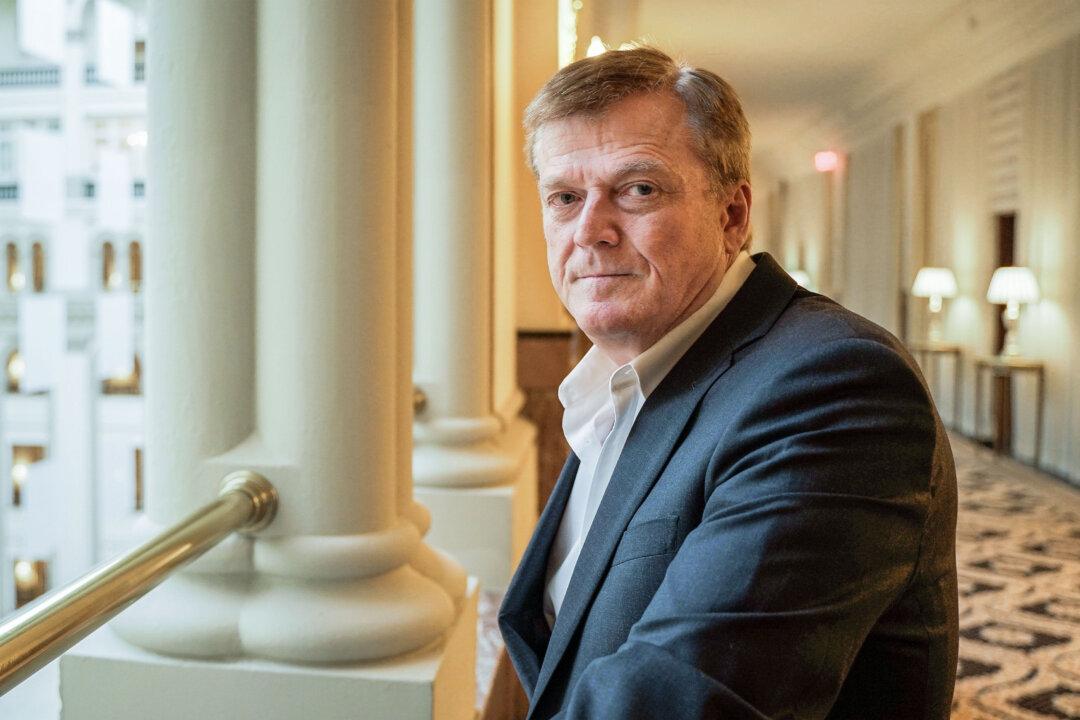Patrick Byrne met with then-President Donald Trump in the Oval Office on Dec. 18, 2020, to urge him to investigate allegations of election fraud. Byrne, founder and former CEO of online retailer Overstock, is set to testify before the January 6th House Select Committee on July 15.
In an exclusive interview with The Epoch Times, Byrne recounted his meeting with Trump, which included former national security adviser Michael Flynn and Sidney Powell, former attorney to Trump’s campaign and former federal prosecutor, along with a number of White House officials.






